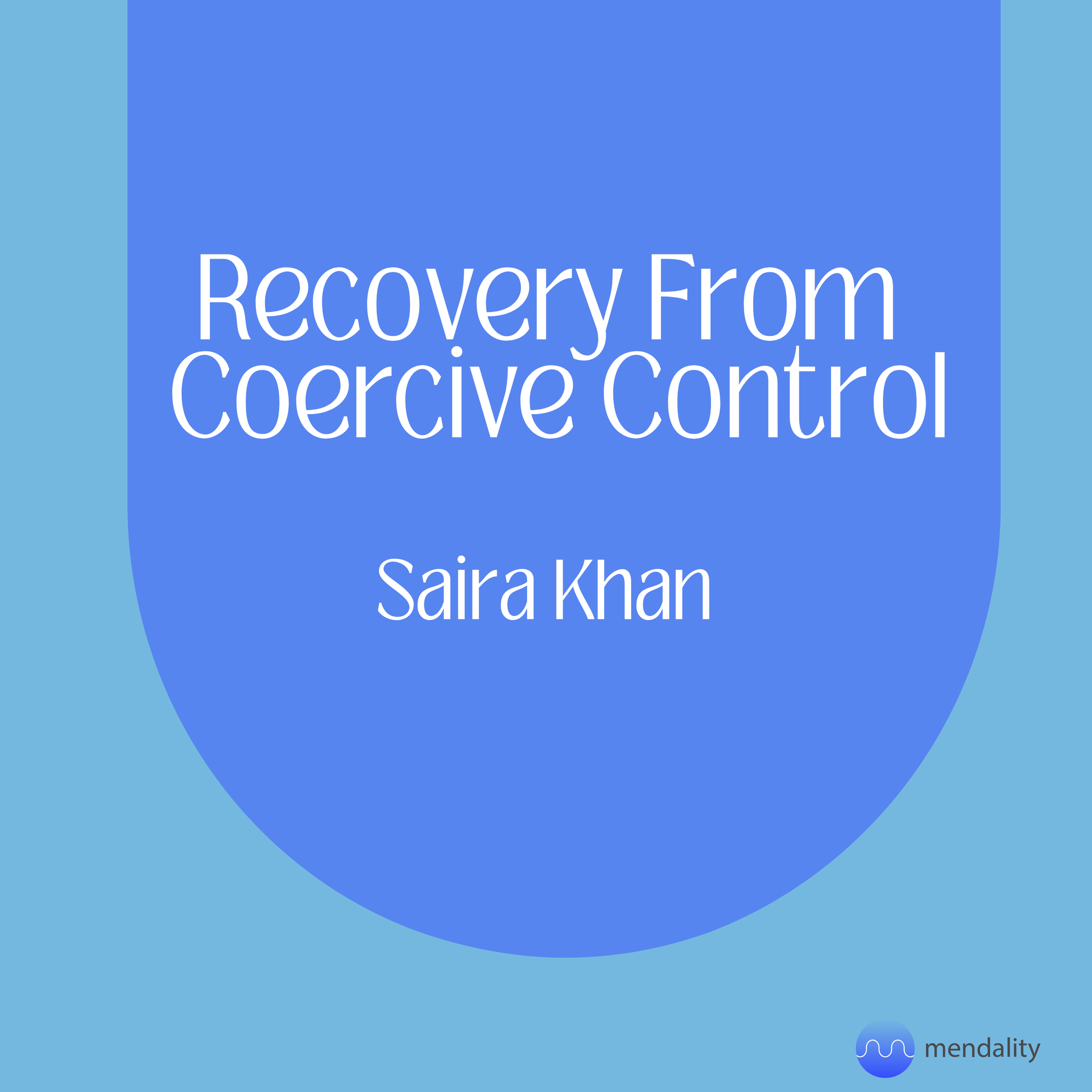
Post-traumatic growth?
What is post-traumatic growth and how can it possible apply with trauma and abuse?

What is Coercive Control?
What do we mean by the term coercive control, how do we recognise it, and how is it different then our understanding of domestic violence?

How do we understand recovery?
Recovery from Coercive Control can be possible with the right support and patience, compassion and commitment.

Going Back to An Abusive Relationship - Why?
Why people keep going back to abuse can be really confusing for people, even to victim survivors themselves

What’s the difference between a clinical psychologist and a counselling psychologist?
It can be overwhelming trying to figure out what type of treatment would work best for your needs, especially if you are new to therapy. With this post, I hope to clarify some key similarities and differences between clinical and counselling psychologists.


How to Support Survivors of Coercive Control
The following post has resonated with a lot of survivors of coercive control. I decided to focus on something that I often hear from survivors – that the response from others when disclosing abuse can be incredibly distressing. This post was originally written as a speech for a charity that works with survivors, and it proved to be a popular talk. I have reformatted it here for those interested.

What’s in my Toolkit?
It takes time, dedication, and attention to emotional well-being to move towards healing, and I am often asked which resources or apps I would recommend to support this process. Although there is no ‘one size fits all’ solution, I often recommend the following resources that my clients have found helpful. A mind-body approach is key to feeling well – therefore, in this list you will find ways to connect to your body, relax, and regulate your emotions.

Planting Seeds
Helping people overcome very difficult circumstances and challenges in my work, people found mindfulness practice could often raise their awareness to the subtle and automatic habits we embody. It can help support creating space between what happened to us and embracing our present and therefore, our future. Mindfulness is a skill that can be practiced by anyone, regardless of age, culture, or religion. Its principles are universal and can be incorporated into various aspects of daily life.
